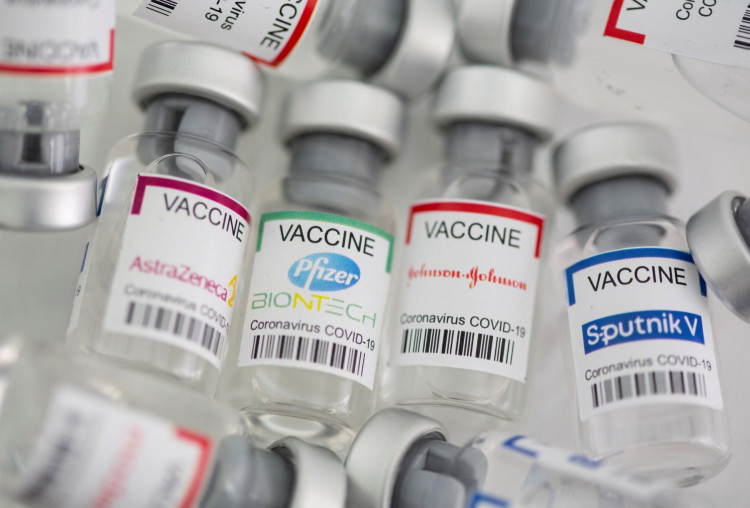On December 28, the Chinese National Health Commission held a press conference regarding the prevention and treatment of respiratory diseases in winter.
Mi Feng, the spokesperson for the National Health Commission and Deputy Director of the Propaganda Department, reported that the number of respiratory disease treatments in national medical institutions had risen compared to the previous week. Currently, the respiratory diseases are mainly influenza, with a decline in mycoplasma pneumonia infections and low-level occurrences of COVID-19 infections. Medical services across the regions are trending towards the same period in previous years.
With the New Year's holiday approaching, many parents will be traveling with their children. Wang Quan, a chief physician at Beijing Children's Hospital, advised parents traveling by car to strictly adhere to traffic rules, especially on icy and snowy roads where vehicles can easily slip, thus emphasizing the importance of safety and speed control.
Wang further advised that children under 12 should not sit in the front passenger seat and that the correct child safety seat, seat belt, or booster cushion should be chosen based on the child's age, weight, and height. During travel, children should not be held in arms, should be warned against sticking their heads or hands out of sunroofs or windows, and it's suggested not to feed children, especially not with items like jelly, lollipops, or nuts. Child locks should be engaged after boarding.
"No matter the duration, never leave children alone in the vehicle as accidents may occur. Children under 12 should not ride bicycles on the road alone, and those under 16 should not ride electric bikes. Children should also wear proper safety gear when skateboarding, scooter riding, or cycling," Wang said. He emphasized the importance of strengthening children's safety education to enhance their ability to recognize and avoid dangers and to improve their visibility in the environment, for instance, by wearing white or brightly colored clothes to draw attention. Additionally, children should be told not to play near the front or back of vehicles due to the high risk of accidents.
Wang also noted that putting hands in pockets during cold weather is unsafe because people can slip on icy, wet surfaces and have difficulty maintaining balance, leading to injuries. Therefore, children should be advised not to read books or use phones while walking, not to keep hands in pockets, and to avoid chasing and playing on roads and stay away from vehicles.
Peng Zhixin, Director of the Respiratory Infectious Disease Department at the Chinese Center for Disease Control and Prevention, introduced that recently, the JN.1 variant (the second-generation sub-branch of the COVID-19 Omicron variant BA.2.86) has rapidly risen in transmission overseas, becoming the predominant strain. Currently, the COVID-19 virus is at a low-level prevalence in China, with JN.1 accounting for a lower proportion but showing an increasing trend, and it may gradually develop into the predominant strain domestically.
"JN.1 is an Omicron variant, and recent assessments by the World Health Organization based on available evidence indicate that JN.1 has strong transmissibility and immune escape capabilities. However, there is no evidence suggesting an increase in pathogenicity. Previous infections and vaccinations with the XBB vaccine have a cross-protective effect against it, predicting a lower public health risk," Peng stated.
Peng further mentioned that as the New Year's holiday and Spring Festival approach and the Spring Festival travel rush begins, people's mobility will significantly increase. It's anticipated that there may be a rise in COVID-19 cases in China, increasing the risk of severe illness and death among vulnerable groups such as the elderly and those with chronic underlying diseases. This could put pressure on the relatively weak medical service systems in rural areas. Therefore, it is vital to take this seriously, plan meticulously, and prepare in advance for all aspects.





